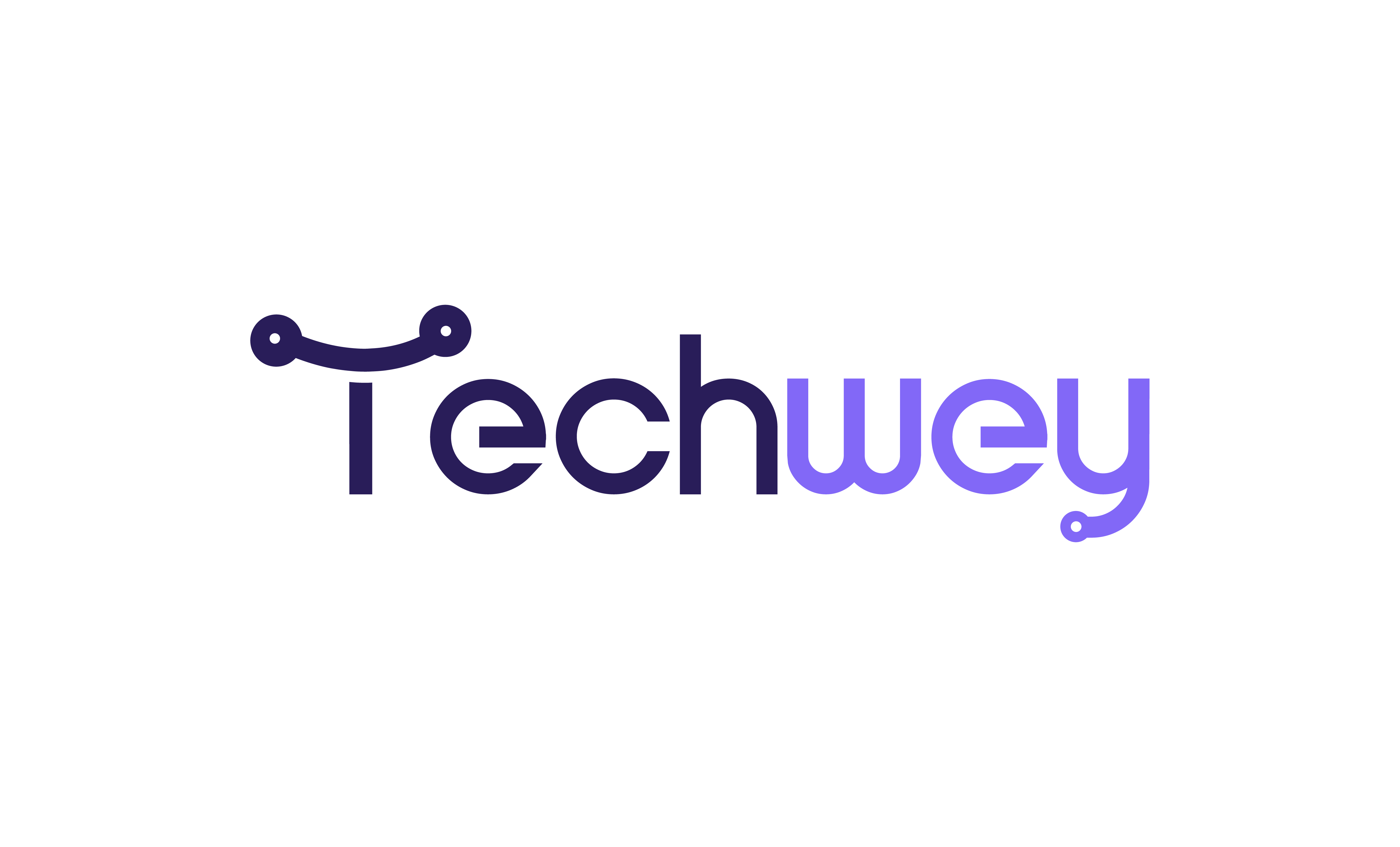
Blockchain technology is revolutionizing digital transformation by offering secure, decentralized solutions across various industries. Initially developed for cryptocurrency, blockchain has expanded its reach into finance, supply chain, healthcare, and more.
What is Blockchain Technology?
Blockchain is a decentralized ledger that records transactions across multiple systems securely and transparently. Key features include:
- Immutability: Data, once recorded, cannot be altered.
- Decentralization: Eliminates the need for a central authority.
- Transparency: Every participant in the network has access to the same data.
How Blockchain Drives Digital Transformation
1. Enhancing Supply Chain Management
Blockchain improves transparency and efficiency by:
- Tracking goods from origin to destination.
- Reducing fraud in the supply chain.
- Improving traceability for industries like food and pharmaceuticals.
2. Revolutionizing Financial Transactions
Blockchain enables faster, more secure financial transactions through:
- Peer-to-peer transfers, eliminating intermediaries.
- Reduced transaction fees.
- Enhanced security in cross-border payments.
3. Strengthening Cybersecurity
Blockchain’s decentralized nature makes it resistant to cyberattacks. It ensures data integrity and prevents unauthorized access.
4. Enabling Smart Contracts
Smart contracts are self-executing contracts with the terms of the agreement directly written into code. These contracts:
- Reduce the need for intermediaries.
- Automate processes in real estate, insurance, and legal industries.
5. Driving Innovation in Healthcare
Blockchain securely stores patient records, enabling seamless sharing among authorized parties while maintaining privacy. It also tracks the authenticity of drugs, combating counterfeit medicines.
Challenges of Blockchain Adoption
- Scalability Issues: Processing large volumes of transactions remains challenging.
- High Energy Consumption: Blockchain networks like Bitcoin consume significant energy.
- Regulatory Uncertainty: Many countries are still defining blockchain-related policies.
The Future of Blockchain Technology
Blockchain continues to evolve, with emerging applications in areas like:
- Decentralized Finance (DeFi): Offering financial services without traditional banks.
- NFTs (Non-Fungible Tokens): Revolutionizing digital ownership and art.
- Government Services: Ensuring secure voting systems and transparent public records.
As businesses integrate blockchain into their digital transformation strategies, the technology promises to redefine industries and unlock new efficiencies.
Read more related articles here






Leave a Reply